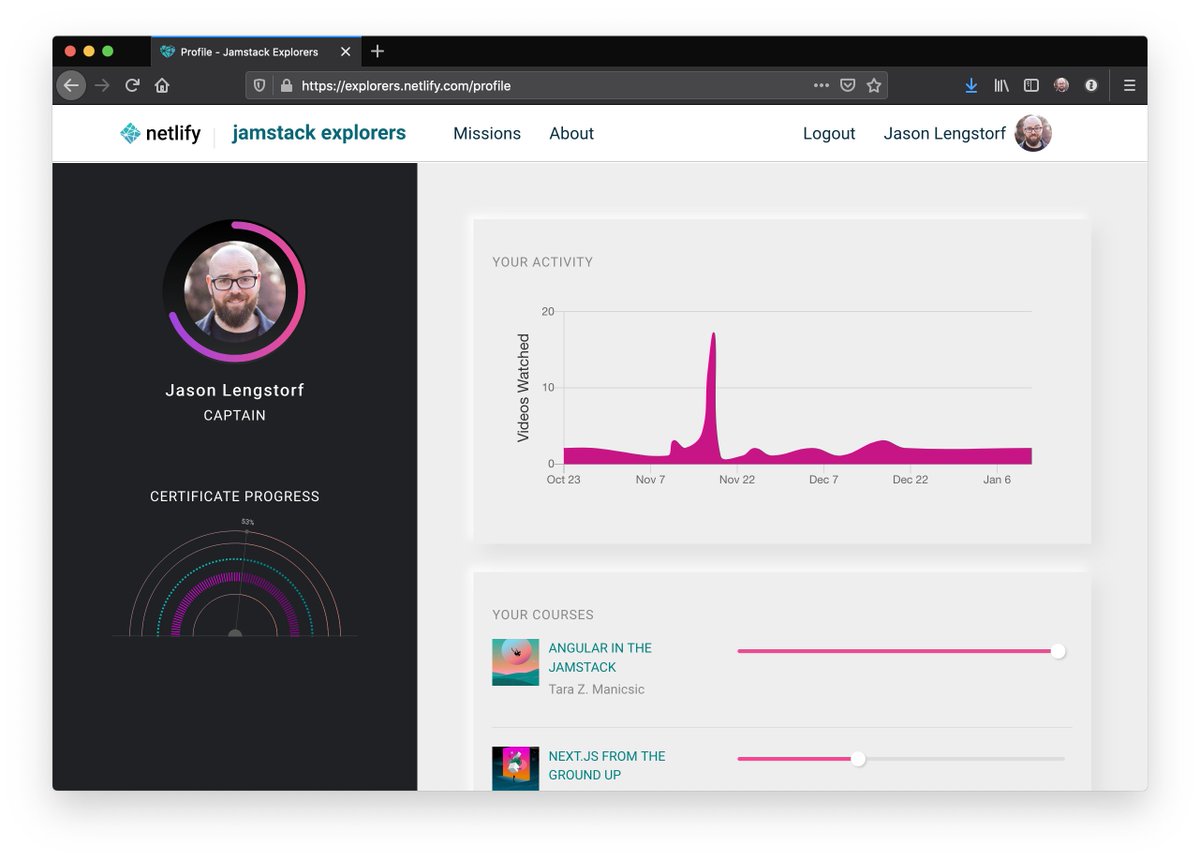
I like to code
I’m not passionate about coding
I would stop showing up to work if the paychecks stopping coming
a job is a job. if a company tries to convince you that it’s more than that (a “family”; a “calling”) that’s a red flag — that gets used to get you to donate time
I’m not passionate about coding
I would stop showing up to work if the paychecks stopping coming
a job is a job. if a company tries to convince you that it’s more than that (a “family”; a “calling”) that’s a red flag — that gets used to get you to donate time
I like working with people who enjoy their jobs, but there’s a HUGE difference between “I am well compensated for my work and take pride in doing a good job” and “I derive my value as a person from my code”
people who are so passionate about coding that they tie their entire identities to it are honestly kind of a nightmare to work with, tbh
if I was going to do what I’m PASSIONATE about and willing to do without a paycheck we all know I’d be trying to find out how much melted cheese can fit inside of one man
I’m seeing something interesting in this debate, which is that I think in a lot of cases people are violently agreeing with each other
so maybe it’s worth defining how I’m using the word “passion” because human language is a context nightmare
so maybe it’s worth defining how I’m using the word “passion” because human language is a context nightmare
https://twitter.com/jlengstorf/status/1357706590896328709
I think some people are saying “passion” to mean “I enjoy code and I would do it as a hobby, even if I wasn’t getting paid” — me too!
others are using it to mean “I take pride in my work and I want to continually learn to be the best I can be” — I feel this way, too!
others are using it to mean “I take pride in my work and I want to continually learn to be the best I can be” — I feel this way, too!
the definition of “passion” that I’m I’m taking about is the problematic definition I see more predatory companies use: “if we only hire people who tie their entire idea to their jobs, they’ll make personal sacrifices for the company and that means we spend less on compensation!”
here's a great example of how this goes wrong: if you're not fully willing to suffer for your job or you want to set boundaries for yourself, you're a "traitor" somehow
https://twitter.com/adham_benhawy/status/1363574782432866309
muting because I'm starting to miss messages from other folks. I appreciate all of you. here's my soundcloud hawk.dance
• • •
Missing some Tweet in this thread? You can try to
force a refresh





